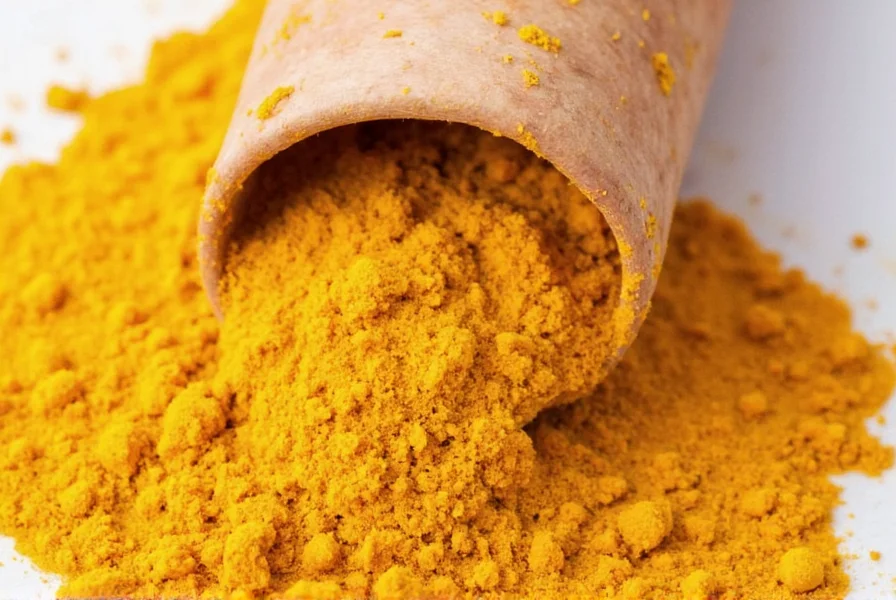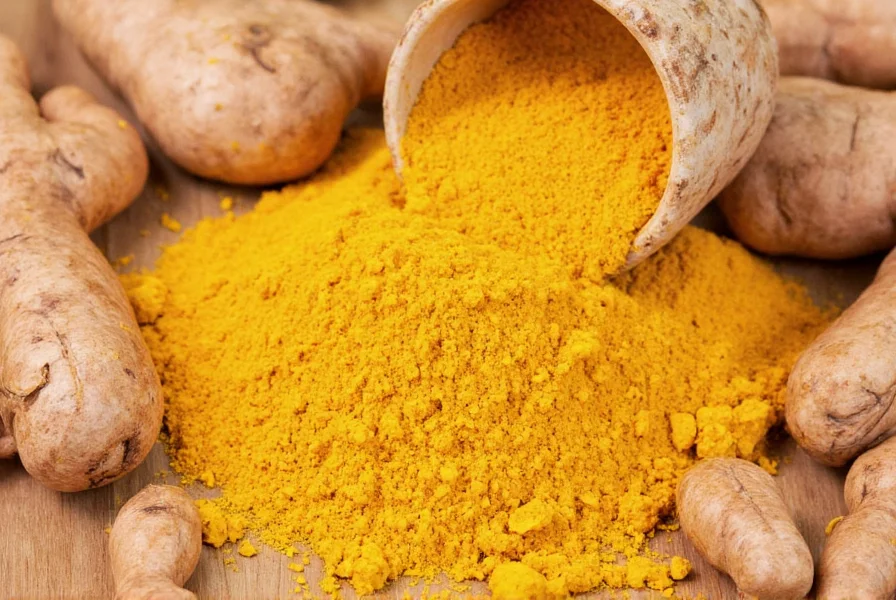For those exploring natural approaches to liver wellness, turmeric has gained significant attention in both traditional medicine and modern research. The golden spice, widely used in Ayurvedic and Chinese medicine for centuries, contains curcumin—the compound responsible for most of its studied health effects. When examining turmeric benefits for liver specifically, scientific evidence points to several mechanisms through which curcumin may support hepatic function without overstating its capabilities.
The Science Behind Turmeric and Liver Function
Curcumin, making up about 2-8% of turmeric root, demonstrates potent biological activities relevant to liver health. The liver processes everything we consume, making it vulnerable to oxidative stress and inflammation. Curcumin's molecular structure allows it to neutralize free radicals and modulate inflammatory pathways at the cellular level.
Research published in the World Journal of Gastroenterology explains that curcumin influences multiple signaling molecules involved in liver inflammation, including nuclear factor-kappa B (NF-κB) and tumor necrosis factor-alpha (TNF-α). By regulating these pathways, curcumin may help protect liver cells from damage caused by various stressors.
What Research Says About Turmeric and Liver Conditions
When evaluating scientific evidence turmeric liver health, several studies provide insight while highlighting research limitations:
| Liver Condition | Research Findings | Study Type |
|---|---|---|
| Non-alcoholic fatty liver disease (NAFLD) | Curcumin supplementation associated with reduced liver fat accumulation and improved liver enzyme levels | Human clinical trial (50 participants) |
| Liver inflammation | Curcumin reduced inflammatory markers in animal models of liver injury | Animal studies |
| Liver fibrosis | Preliminary evidence suggests potential to slow progression, but human data limited | Test tube and animal research |
A 2019 systematic review in Nutrients analyzed multiple studies on curcumin and liver health, concluding that while results are promising for conditions like NAFLD, larger and longer human trials are needed. The review emphasized that current evidence supports turmeric as a complementary approach rather than a standalone treatment.

How Turmeric May Support Specific Liver Functions
Understanding how turmeric supports liver function requires examining several physiological mechanisms:
Antioxidant Protection
The liver generates free radicals during normal detoxification processes. Curcumin boosts the body's natural antioxidant enzymes like glutathione, superoxide dismutase, and catalase. A study in Chemico-Biological Interactions demonstrated that curcumin increased antioxidant capacity in liver tissue, potentially reducing oxidative damage.
Inflammation Regulation
Chronic inflammation contributes significantly to liver conditions like steatohepatitis. Curcumin appears to modulate multiple inflammatory pathways. Research in Food and Chemical Toxicology showed curcumin's ability to suppress pro-inflammatory cytokines that contribute to liver damage.
Fat Metabolism
For those investigating curcumin benefits for fatty liver, studies suggest curcumin may influence genes involved in fat metabolism. A clinical trial published in European Review for Medical and Pharmacological Sciences found that participants with NAFLD who took curcumin supplements showed significant reductions in liver fat compared to placebo.
Practical Considerations for Using Turmeric
When considering turmeric dosage for liver support, several factors affect its effectiveness:
Bioavailability Challenges
Curcumin has notoriously poor bioavailability—meaning little gets absorbed into the bloodstream. Most research on turmeric and liver enzyme levels uses enhanced formulations. Consider these approaches to improve absorption:
- Combine with black pepper (contains piperine, which increases absorption by up to 2,000%)
- Choose supplements with phospholipids or other bioavailability enhancers
- Consume with healthy fats (curcumin is fat-soluble)
Dosage Guidelines
Research typically uses 500-2,000 mg of curcumin daily, but optimal dosage for liver support remains unclear. The European Food Safety Authority considers up to 180 mg of curcumin daily safe for healthy adults. Always consult a healthcare provider before starting supplementation, especially with existing liver conditions.
Important Cautions and Considerations
While exploring is turmeric good for liver inflammation, be aware of these critical considerations:
- Turmeric is not a treatment for liver disease—medical conditions require professional care
- High doses may interact with blood thinners, diabetes medications, and chemotherapy drugs
- Those with gallstones should consult doctors before using turmeric
- "Liver detox" claims are misleading—your liver naturally detoxifies without supplements
The American Liver Foundation emphasizes that no supplement replaces healthy lifestyle choices for liver wellness. A balanced diet, moderate alcohol consumption, and maintaining healthy weight remain foundational for liver health.
Integrating Turmeric into a Liver-Supportive Lifestyle
For those interested in does turmeric help liver detox (more accurately, supporting natural liver function), consider these evidence-based approaches:
- Add 1-3 grams of fresh or dried turmeric to meals daily (equivalent to ½-1½ teaspoons)
- Combine with black pepper and healthy fats in cooking
- Consider standardized curcumin supplements (400-600 mg, 1-2 times daily) if recommended by your healthcare provider
- Pair with other liver-supportive foods: leafy greens, beets, garlic, and cruciferous vegetables
Remember that turmeric works best as part of a comprehensive approach to liver health that includes proper nutrition, regular exercise, and avoidance of liver stressors like excessive alcohol and unnecessary medications.
Conclusion
The relationship between turmeric and liver health shows promise in scientific research, particularly regarding inflammation reduction and support for fatty liver conditions. While current evidence supports turmeric as a potential complementary approach for liver wellness, it's crucial to maintain realistic expectations. Turmeric isn't a cure for liver disease, and human studies remain limited in scope and duration. Those considering turmeric for liver concerns should consult healthcare professionals, especially when managing existing liver conditions or taking medications. Future research may provide clearer guidance on optimal formulations, dosages, and specific applications for liver health support.











 浙公网安备
33010002000092号
浙公网安备
33010002000092号 浙B2-20120091-4
浙B2-20120091-4